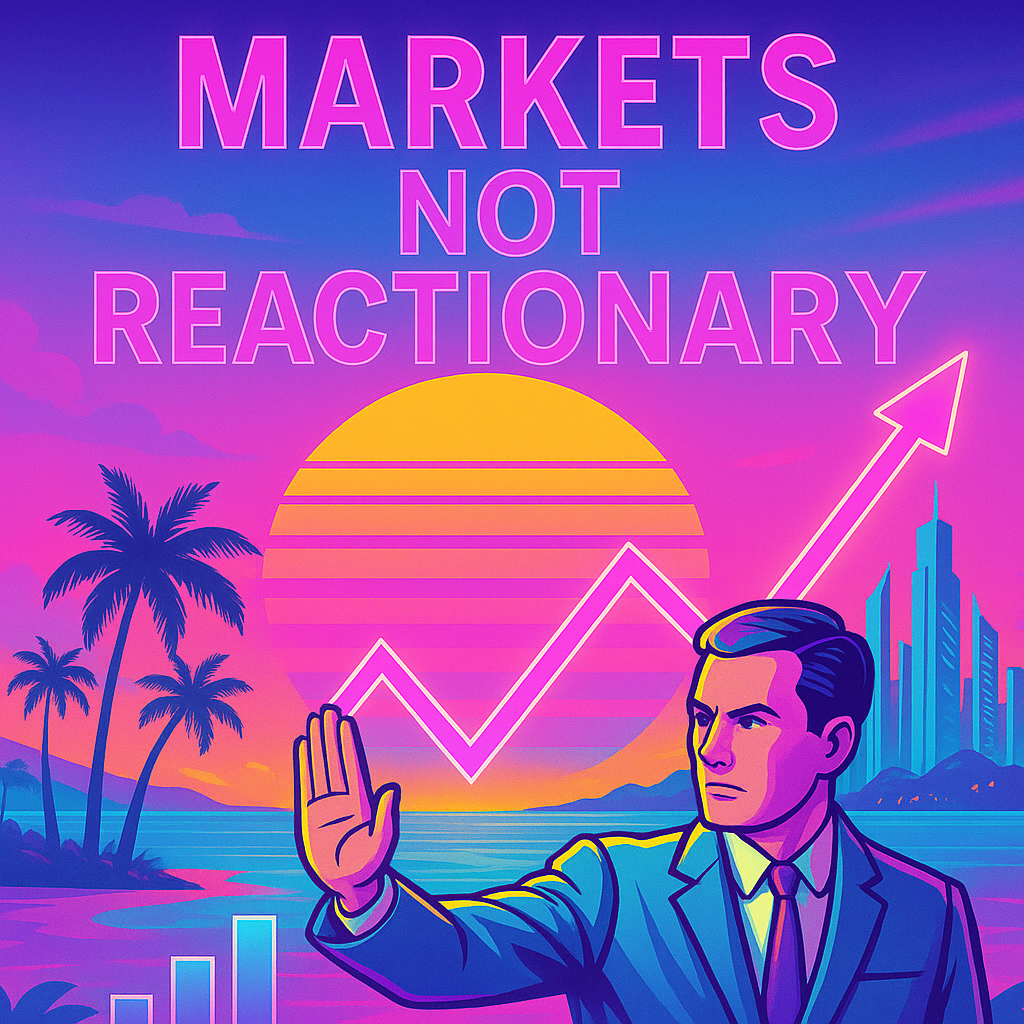The problem with reactionary thinking is that it runs counter to libertarian principles. At its core, libertarianism trusts that the free market is a self-regulating mechanism, capable of efficiently allocating resources and fostering economic growth. When individuals adopt destructive or “degenerative” behaviors, the market—being the sum of all voluntary actions in society—will eventually respond. If these behaviors produce negative outcomes, they will face rejection organically, without the need for coercive intervention.
In contrast, the state—or any group with a monopoly on violence—interferes by force. Its economic and social interventions override voluntary exchanges and individual responsibility. This is inherently violent and incompatible with liberty. The market, however imperfect, is dynamic and corrective. It filters out unsustainable practices not through decrees, but through feedback and consequences.
Hoppeans often argue that so-called “degenerate” behaviors are destroying society. They’re not entirely wrong—but they miss the mark by proposing coercive solutions. If we look at the world’s wealthiest nations by GDP, we see a messy but functional coexistence of traditional values and liberal lifestyles. GDP includes everything: sex toys, pornography, drugs, and loud music. Yet these same nations retain certain traditional customs and institutions. They’re not Christian utopias—but neither are they cultural wastelands. This paradox underscores the resilience and flexibility of the market order.
This is precisely why we don’t need “communities of convenance” or any other collectivist substitute. By insisting that “the community” should control who may enter or remain, Hoppeans shift decision-making from individual property owners to a collective will. This mirrors the logic of collective ownership, even if it’s wrapped in the language of property rights.
Reactionary ideology, in all its forms, is rooted in fear—fear of change, of freedom, of individuals making the “wrong” choices. But trying to reverse history or freeze culture in time through coercion is neither sustainable nor libertarian. The market doesn’t need to be restrained by nostalgia or ruled by cultural gatekeepers. It needs openness—openness to experimentation, to diversity, and yes, even to failure (after all, every states lead to failure too). A free society isn’t built on enforcing tradition by force, but on allowing individuals to find their own way. Reaction is stagnation; markets are evolution.


Leave a Reply